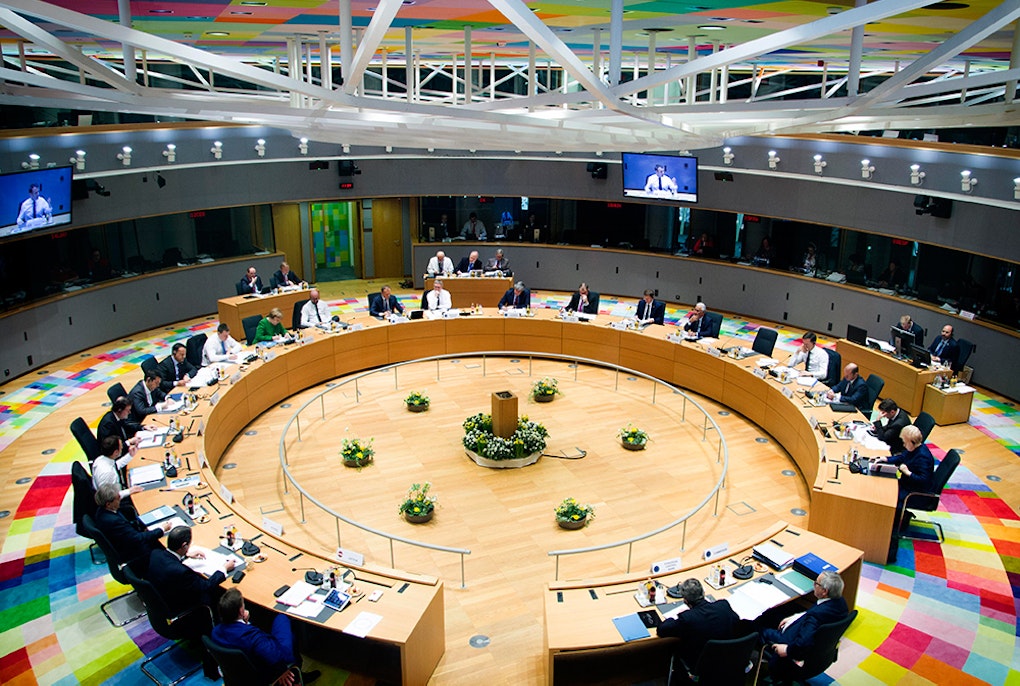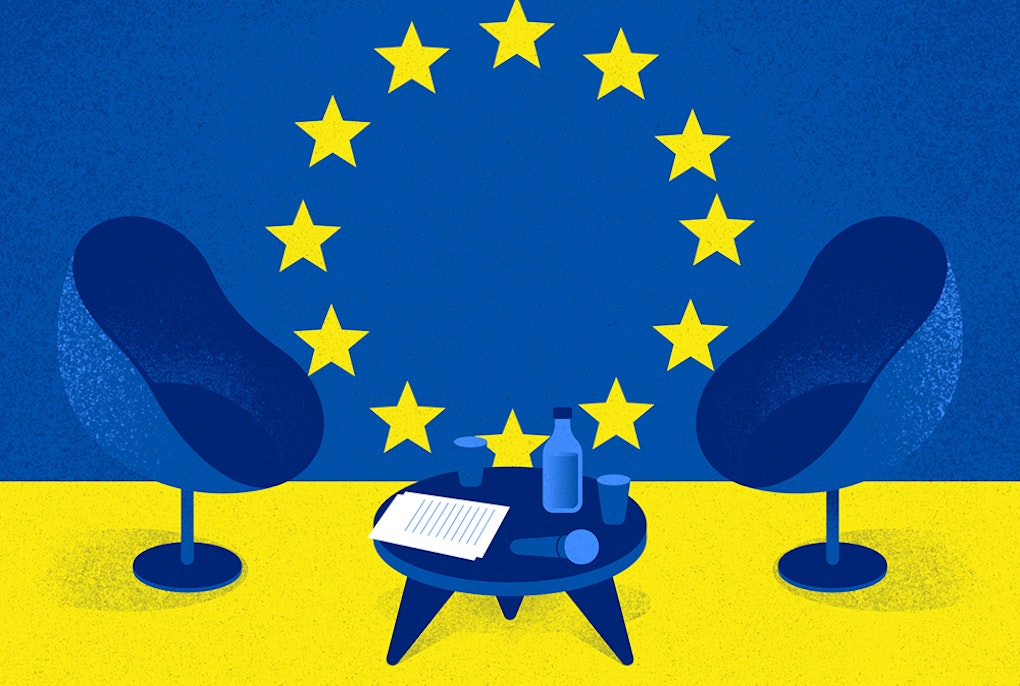The coalition government
While Italy’s Prime Minister Giuseppe Conte stresses the need for an orderly Brexit and acts as a mediator in the tense relationship between Italy and the EU, his two deputies, Luigi Di Maio and Matteo Salvini, do not miss any chance to enter into open conflict with the EU. The populist coalition government, sworn in on 1 June 2018, aims at a drastic revision of Italy’s longstanding pro EU-policy and the underlying principles and frameworks of the EU’s set-up. Unlike preceding governments, the current government formed by the anti-establishment party Five Star Movement (Movimento Cinque Stelle – M5S) and the right-wing party League (Lega) is anything but EU-friendly. Both deputy Prime Ministers, Luigi Di Maio (M5S) and Matteo Salvini (Lega) personally support referendums on fundamental questions about the EU, though they are not currently on the agenda. Back in 2016, neither leader hesitated to congratulate the UK’s political elites and electorate for being so courageous in, on the one hand, consulting the electorate over such an important question, and on the other starting the process of regaining sovereignty over the country’s own fate. In social media posts, they stressed that Euroscepticism had at last picked up steam, and that Italy should follow the UK’s example in using referendums for fundamental decision-making.
Academic and political analysts
Academics and political analysts barely addressed the question of whether direct democracy was the right remedy for political disenchantment – partly because the media failed to draw attention to the issue. They have mainly confined themselves to evaluating its implications for UK’s parliamentary sovereignty, and on Italy. The chance to start a debate on how to renew decision-making processes within the EU and its Member States was missing, in part because of the political turmoil that characterised Italy between 2016-2018 (constitutional referendum on 4 December 2016 – resignation of Matteo Renzi as Prime Minister – 64th Government under Paolo Gentiloni – general elections on 4 March 2018).
Public opinion
In most western EU Member States, the public reacted with incomprehension to Brexit. This was not the case in Italy. According to data from 2016, Italians showed understanding for the UK’s desire to withdraw from the EU (Poli 2016). Figures from the November 2018 Standard Eurobarometer 90 (European Commission 2018) confirm the mistrust of Italians for the EU, but do not reveal to what extent Italians support the coalition government’s narrative on the EU. In short, the level of trust and mistrust remains unchanged in comparison with the spring 2018 survey.
When asked what the EU should worry about most, Italians rank migration, unemployment and economy at the top, while nationally, Italians rank unemployment first, then migration and the economy. Interestingly, Romania and Italy are the only states where one in five respondents are against the principle of freedom of movement (overall, a large majority of EU citizens are in favour of it). Respondents in all EU Member States (strongly) support the use of the single currency (a new high since 2004!). In Italy, 63% support the euro. This is a rise of two percentage points compared to spring 2018. Asked whether they feel they are citizens of the EU, Italians are among the citizens with the lowest figures. Only 59% of the respondents answered positively.
A variety of contradictory narratives
The analysis of Italian narratives on Brexit and the EU shows that there is no clear answer to the question of how friendly or hostile to the EU Italian stakeholders are. At present, views and insights are subject to populist reflexes, and Brexit is discussed on the margins. In theory, the coalition’s Eurosceptical roadmap is already drawn up. In practice, the governing parties are running the gauntlet between their own political crises in Rome, and those with Brussels. A variety of contradictory narratives is the outcome and reconciling them seems impossible. Much will depend on the outcome of the EU parliamentary elections on 26 May 2019.
The post summarises the results of the research project The Brexit and EU Member States (case study Italy) led by the Department of Political Science of the University of Erlangen-Nürnberg. Elisabeth Alber analysed more than 1.000 media entries (from 2016-2018) and assessed views and insights of Italian stakeholders on Brexit, and the EU. The detailed results are published in German (Elisabeth Alber, “Italien und der Brexit: Europapolitische Ansichten und Einsichten im Triennium 2016-2018”, in: Thorsten Winkelmann/Tim Griebel (Hrsg.), Der Brexit und die Krise der europäischen Integration. EU und mitgliedstaatliche Perspektiven im Dialog, Nomos, Baden-Baden, 2018, 177-189).
Note: This article first appeared on the London School of Economics and Political Science’s Brexit blog, which is part of the ‘LSE Programme on Brexit’, run jointly by the European Institute and the School of Public Policy.
 |
Elisabeth Alber is a senior researcher at the Institute for Comparative Federalism of Eurac Research. She holds a PhD in Comparative Politics (University of Innsbruck) and studies law and politics in federal and regional States, participatory democracy, territorial autonomies, minority rights and much more. Globetrotting is her passion, and receiving postcards that she meticulously collects does put a special smile on her face. |






